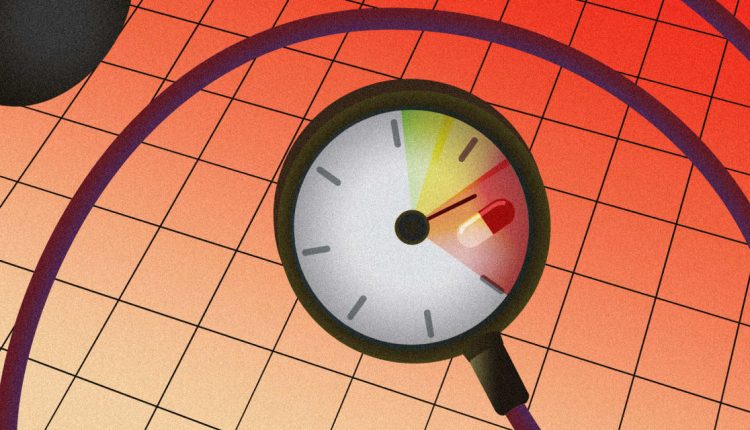Doctors often don’t aggressively treat high blood pressure in seniors, fearing hypertension medicines could make them prone to falls or other unwanted side effects.
In the general population, cardiologists typically intervene to keep blood pressure below 130/80. They use the same approach with seniors who are in robust health.
However, when it comes to frail seniors, cardiologists fret the treatment may be more dangerous than high blood pressure. “The older a patient is, the more thought is given to what comorbidities they have and whether intensive blood pressure lowering still makes sense,” says cardiologist Ashish Sarraju of the Cleveland Clinic.
He adds: “You certainly don’t want a situation where you aggressively lower their blood pressure and increase their fall risk.”
Falls aren’t the only consideration. For example, seniors undergoing kidney dialysis often get better renal function if blood pressure doesn’t go below 130, he adds.
None of this changes the fact that hypertension is bad for our health, and millions of Americans could improve their health by embracing lifestyle changes or taking medicines to lower their blood pressure. It’s just that other risks come into play with certain seniors.
“Ultimately you want to think about hypertension as probably one of the biggest—if not the biggest—modifiable factor in the U.S. to reduce heart deaths,” Sarraju says.
As people age, their systolic blood pressure—the first number in a blood pressure reading-—tends to rise. Older people’s arteries become stiffer and that, combined with other physiological changes to the cardiovascular system, often results in hypertension. About 65% of men and 75% of women have hypertension by age 70, according to one study.
High blood pressure raises your risk of heart attack and stroke. It also makes you more prone to kidney problems, vision problems, and sexual dysfunction.
High blood pressure is bad news for seniors, but is even worse news when it arrives earlier in life. The Lancet commission on dementia prevention found that middle-aged people who had systolic blood pressure over 130 had a 60% greater chance of eventually developing dementia.
If you’re diagnosed with hypertension, doctors will recommend lifestyle changes to help lower your blood pressure such as losing weight, exercising regularly, eating a healthy diet with reduced salt intake, limiting alcohol consumption, and not smoking.
Doctors will also prescribe medicines to lower your blood pressure. That is where other considerations come into play with seniors, says John Mulrow, a San Antonio cardiologist who serves on the geriatric committee of the American College of Cardiology.
Mulrow, who is 71 himself, says he looks at the totality of a senior’s health before deciding if blood pressure medicines are the best course. “It’s very nuanced and complicated, not black and white,” he says. “I could win on the cardiology, and lose on something else.”
For robust seniors, lowering blood pressure to ideal levels is still a good idea, Mulrow says. Suppose you’re 75 years old, run for exercise regularly, eat well, and take few medications but have hypertension, he says. In such a situation, he would still prescribe medications to lower your blood pressure.
“If the patient has less issues, you can treat them as a younger patient,” Mulrow says.
Deborah Kado, a geriatrician who is co-director of the Stanford Longevity Center, also focuses on patient’s total health when treating blood pressure. Kado, who has done extensive research on bone density, says fall risk is a real concern for frail patients. If they fracture a hip, their risk of dying in the next year is about 25% to 30%.
But she notes each patient is different, and must be evaluated independently. “From a geriatrics perspective, my main thing would be to think of functional age or physiological age rather than chronological age,” Kado says. “Not just use chronological age to determine how aggressive one should be in treating blood pressure.”
Write to Neal Templin at [email protected]
Read the full article here

